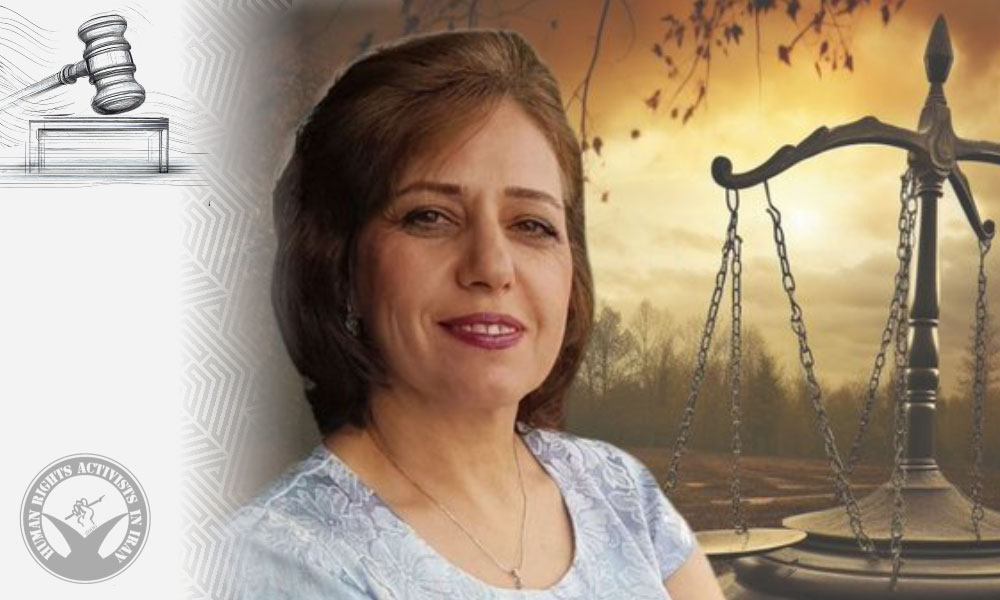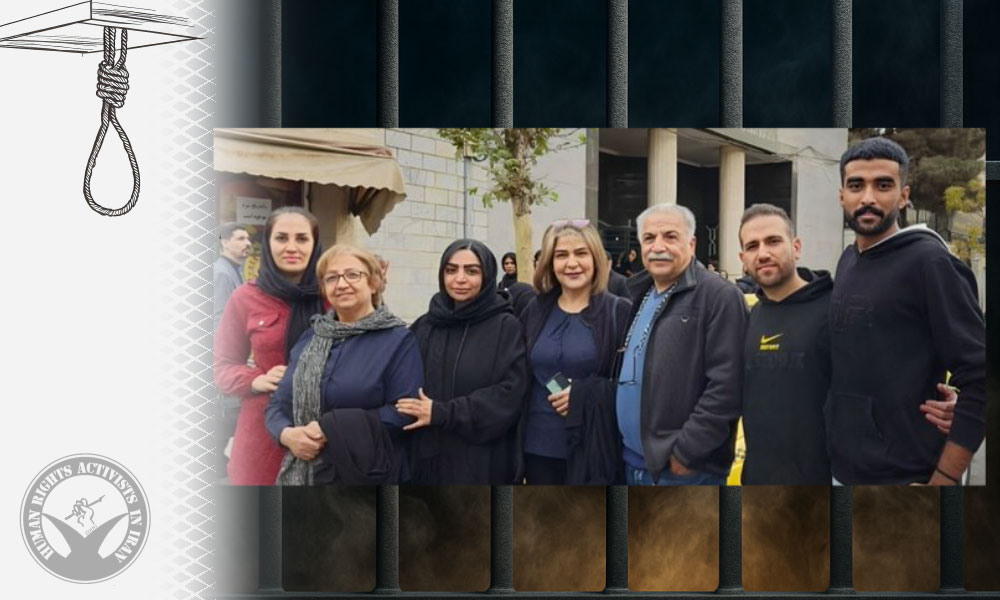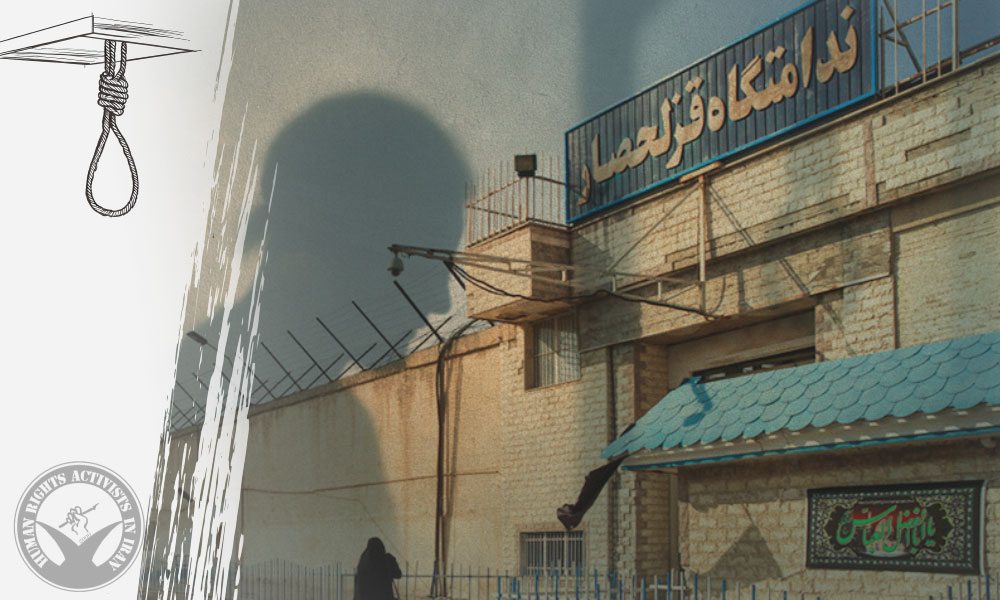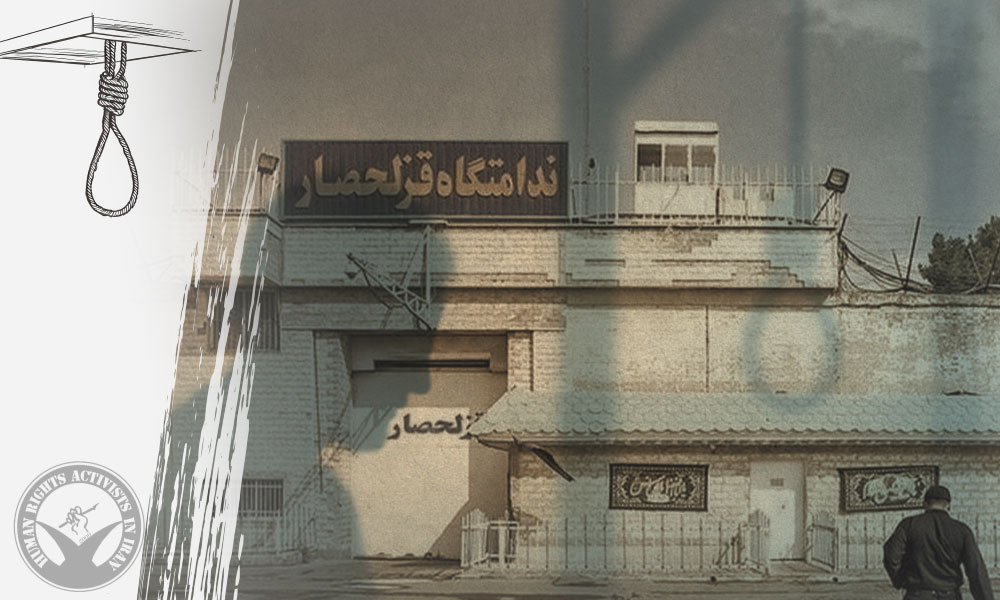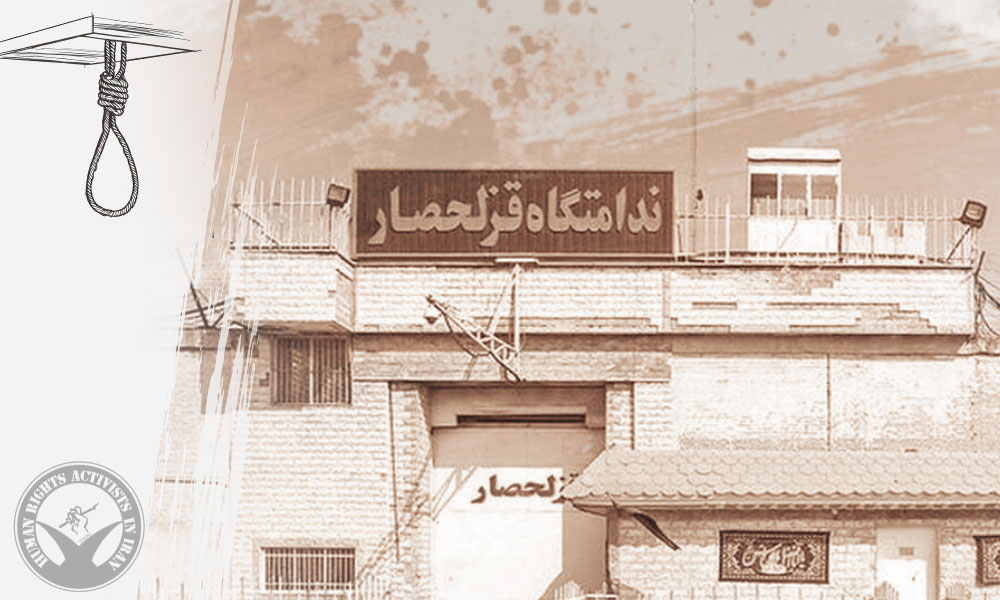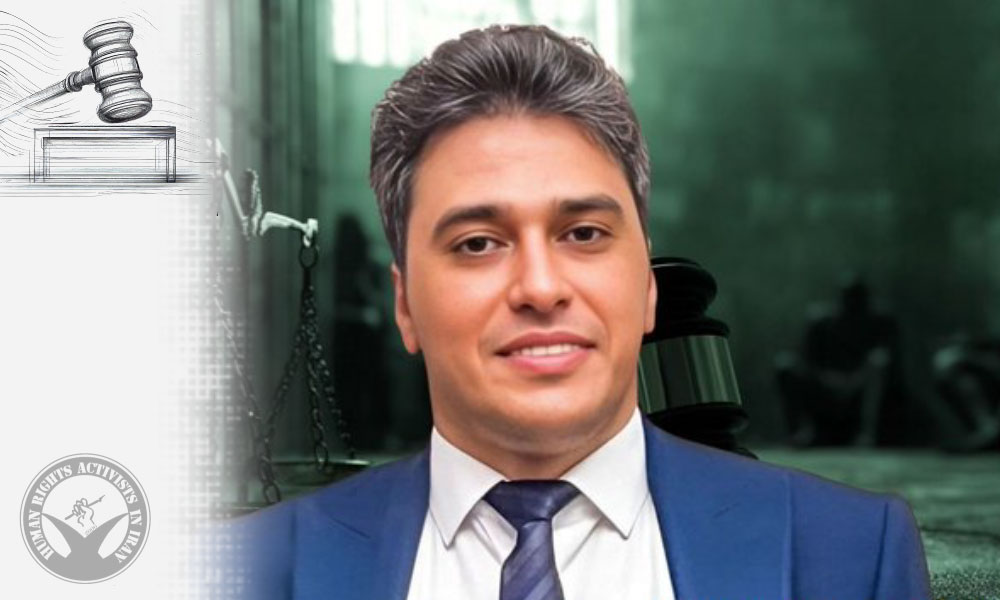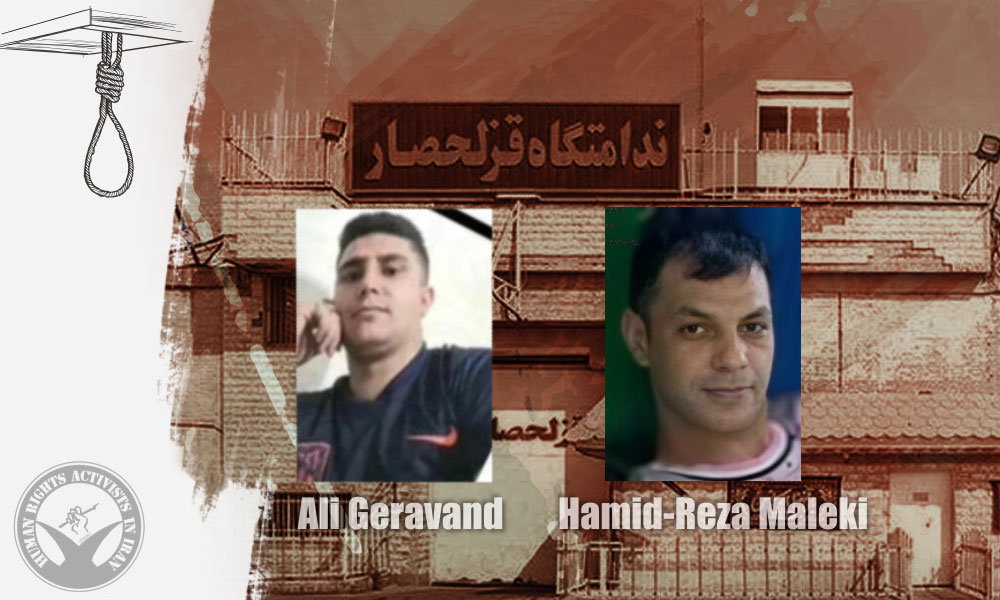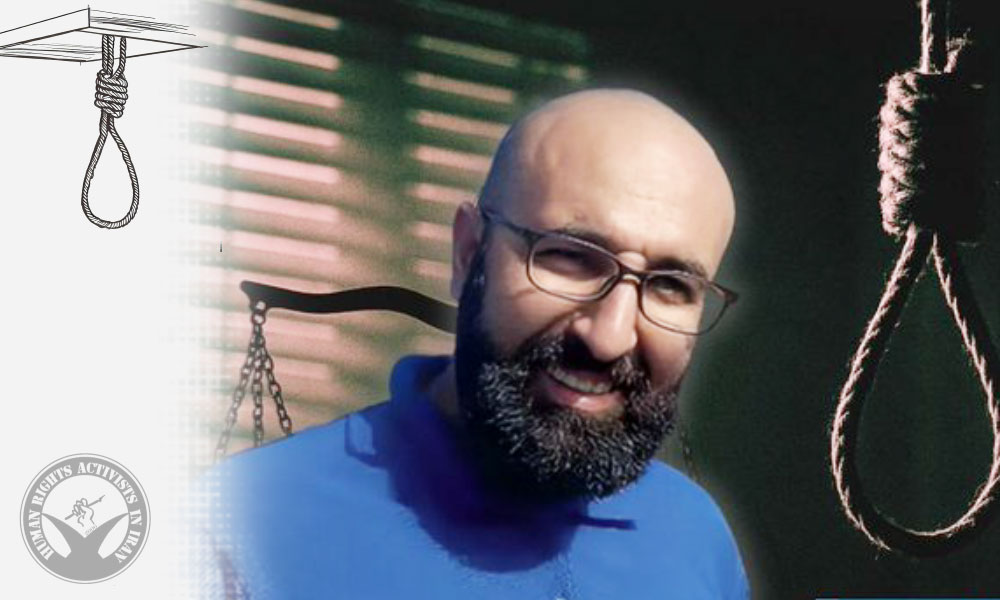HRANA – Nahid Behroozi (Forouhari), a Baha’i citizen residing in Karaj, has been sentenced by Branch 12 of the Alborz Province Court of Appeals to three years in prison along with additional penalties.
This verdict was recently issued by Branch 12 of the Alborz Appeals Court based on the charge attributed to her under Article 500 bis of the Islamic Penal Code, which concerns “deviant educational or propaganda activities contrary to or disruptive of the sacred religion of Islam.” According to the judge’s ruling, her initial five-year prison sentence issued in the lower court has been reduced to three years. Her additional penalties, ten years of deprivation of social rights and the confiscation of seized property, including electronic devices and her religious books, were upheld in full.
On October 6, 2024, Ms. Behroozi had been sentenced by Branch 4 of the Karaj Revolutionary Court to five years’ imprisonment and complementary punishments for the same charge.
Ms. Behroozi was arrested on July 29, 2024, by agents of the Fardis branch of the Ministry of Intelligence while on a street in Karaj. Following her arrest, security agents searched her home. After completing interrogation at The Ministry of Intelligence’s detention facility, she was transferred to Kachouei Prison on August 15, 2024. She was released from Kachouei Prison on October 1, 2024, upon posting bail.



